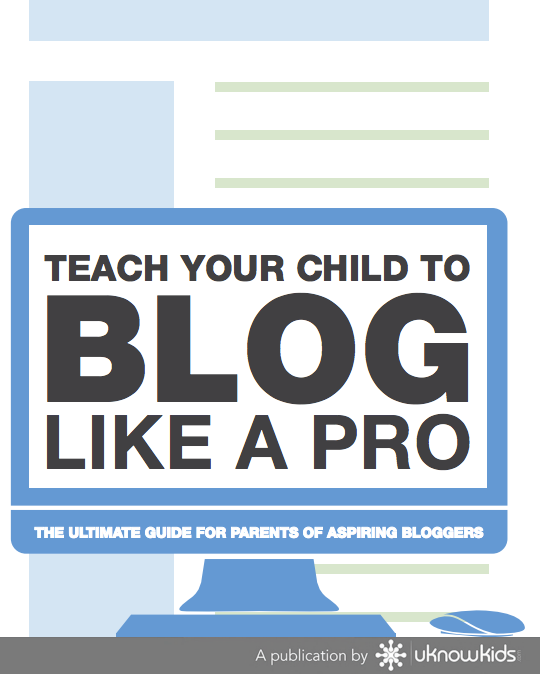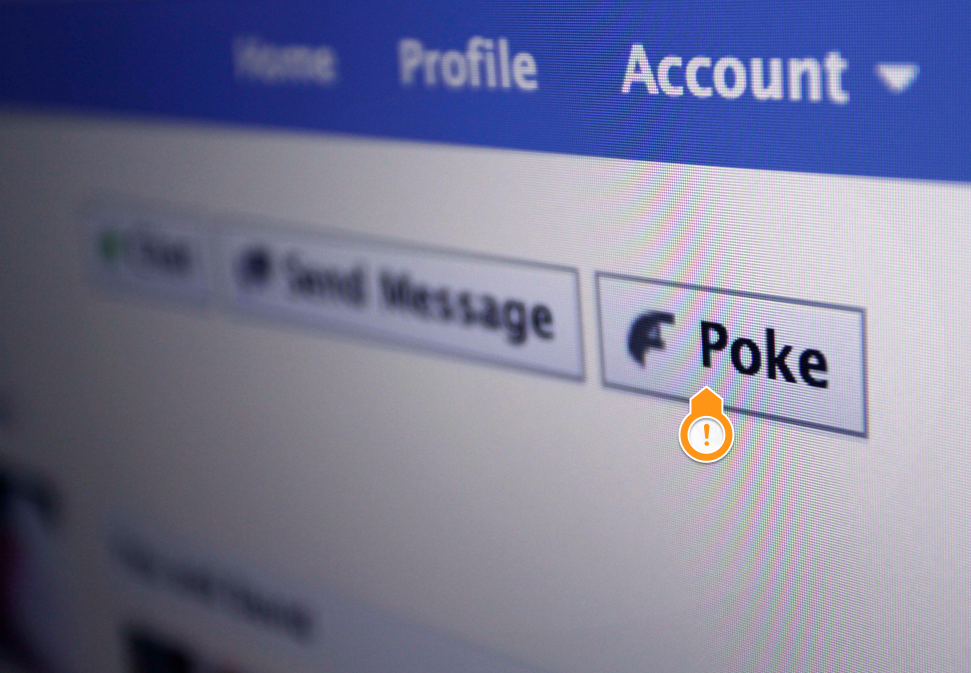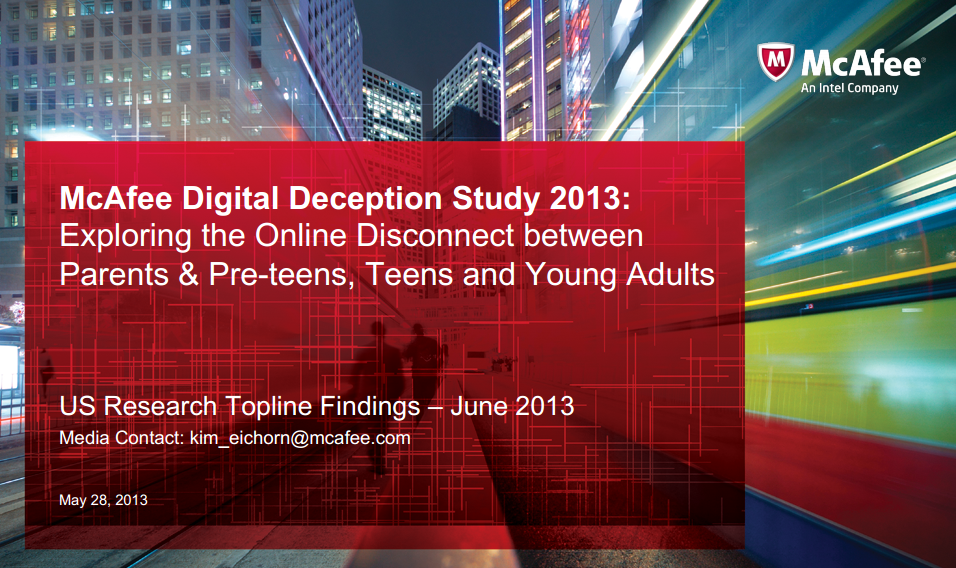Parents hear a lot of conflicting things about Facebook these days. First of all, it looks like children have stopped communicating in person and started communicating more over the internet. There is a certain safety in this kind of communication. If you say something the other person doesn’t like, at least you don’t have to deal with the consequences right away. It gives you more courage to express what you feel. However, people do say hurtful things over the internet as well, and cyberbullying is as real a problem as in-person bullying. If you're wondering, "Is my child ready for Facebook?" then keep the following factors in mind:
1. Age: Is your child over the age of 13? If not, you will be in direct violation of Facebook’s policy. You’ll be lying about your child’s age and setting a bad example for him/her. So take your time and wait until your child is the official age. You’ll have less to worry about, and s/he will also be more mature by the time s/he starts social networking.


2.jpg)














 Did you know Congress has declared June as National Internet safety month? While we believe every month should be Internet safety month, we are excited about the awareness that this will hopefully cause! Because of this, we are running a contest throught the month of June where you can enter to win a year-long free
Did you know Congress has declared June as National Internet safety month? While we believe every month should be Internet safety month, we are excited about the awareness that this will hopefully cause! Because of this, we are running a contest throught the month of June where you can enter to win a year-long free .jpg)


